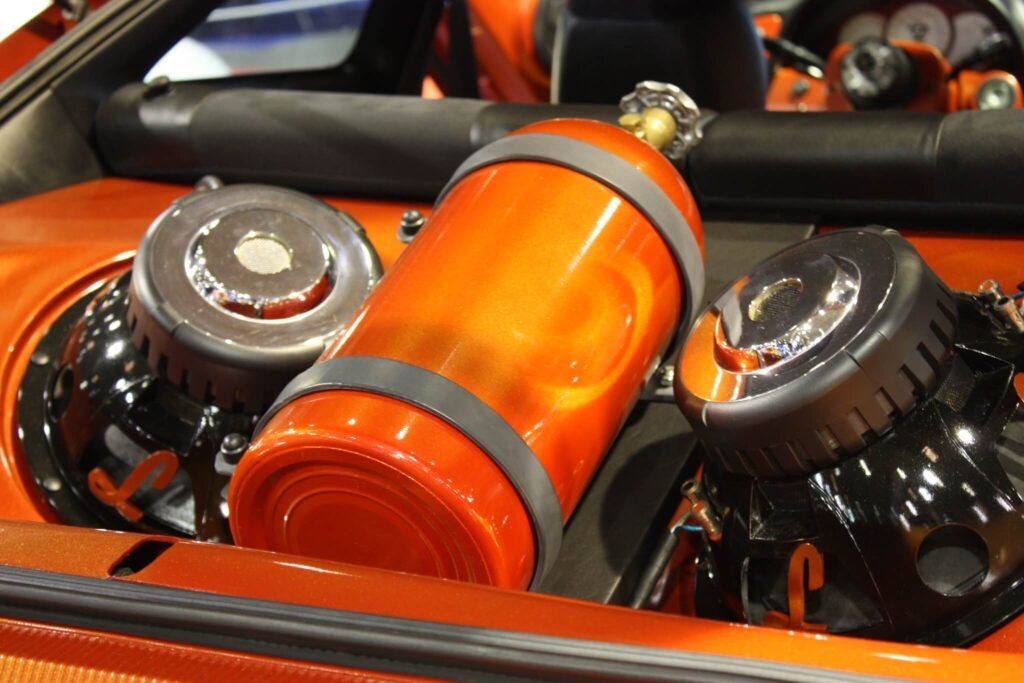Tuning a car can transform its performance, aesthetics, and even fuel efficiency. But what exactly does tuning involve, and is it the right choice for your vehicle? This article delves into the world of car tuning, exploring its advantages and disadvantages to help you make an informed decision.
Understanding Car Tuning: More Than Just Aesthetics
Car tuning encompasses a wide range of modifications, from engine enhancements to exterior styling upgrades. For SUV owners, tuning might focus on improved off-road capabilities, while sports car enthusiasts often prioritize performance and visual enhancements. Whether it’s a classic Volkswagen Golf or a brand new Mercedes-Benz G-Class, virtually any car can be tuned. The extent of modifications is limited only by your imagination and budget.
Advantages of Tuning Your Car
Tuning offers several potential benefits:
Enhanced Performance and Power
Engine tuning, often through chip tuning or ECU remapping, can significantly increase horsepower (up to 30% in some cases) and torque. By adjusting the engine control unit’s parameters, tuners can bypass manufacturer limitations designed for fuel efficiency and emissions, unlocking the engine’s full potential. This translates to improved acceleration, responsiveness, and overall driving experience.
Unique Style and Personalization
Tuning allows you to personalize your car’s appearance, making it stand out from the crowd. Modifications like custom bumpers, side skirts, spoilers, and unique lighting can transform your vehicle’s aesthetics, reflecting your individual style and preferences.
Essential for Racing Performance
In the world of motorsports, tuning is crucial. Race cars undergo extensive modifications to maximize performance, including engine upgrades, suspension adjustments, aerodynamic enhancements, and weight reduction. Every detail is meticulously optimized to gain a competitive edge on the track.
Potential Fuel Efficiency Gains
While performance tuning often leads to increased fuel consumption, certain tuning strategies can optimize fuel efficiency. By fine-tuning the engine’s parameters, it’s possible to achieve better mileage without sacrificing performance. Estimates suggest potential fuel savings of 10-20%, although this varies depending on the vehicle and driving style.
Disadvantages of Tuning Your Car
Before tuning your car, consider these potential drawbacks:
Warranty Voidance
Engine tuning, particularly ECU remapping, can void your manufacturer’s warranty. This means you’ll be responsible for any repair costs related to the tuned components. For newer cars, this can be a significant financial risk.
Increased Engine Wear and Tear
Pushing your engine beyond its factory settings can accelerate wear and tear on components. Increased stress on engine parts may lead to a shorter lifespan and require more frequent maintenance.
Resale Value Impact
While some modifications might appeal to specific buyers, extensive tuning can negatively impact resale value. Many potential buyers prefer unmodified vehicles, making it harder to sell a tuned car and potentially requiring a lower asking price.
Is Car Tuning Right for You?
Car tuning offers the potential for enhanced performance, personalized aesthetics, and even improved fuel efficiency. However, it’s essential to weigh the potential benefits against the risks of warranty voidance, increased wear and tear, and potential resale value impact. Careful planning, budgeting, and selecting a qualified tuning provider are crucial for a successful tuning experience. Ultimately, the decision to tune your car depends on your individual needs, priorities, and risk tolerance.


